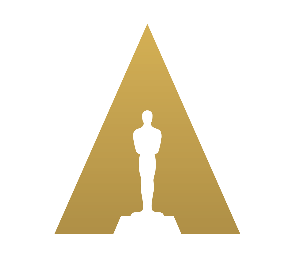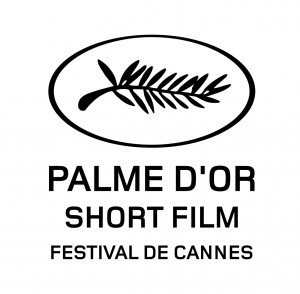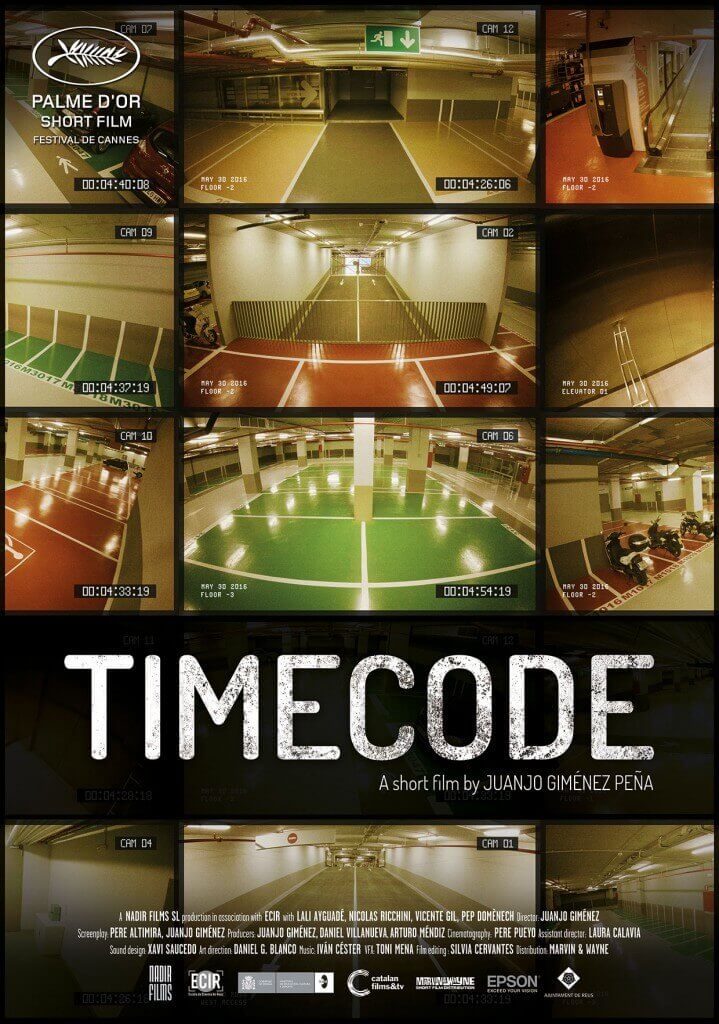Nominee of the Best Live-Action Short for the 2017 Academy Awards.

Winner of the Best Short Film Palme d'Or at the 2016 Cannes Film Festival.

Who or what motivated you to pursue filmmaking?
I always wished to be a soccer player, but a bad injury forced me to quit playing when I was very young, so I changed from soccer to filmmaking. I always loved movies in the first place. But I remember deciding to become a filmmaker myself after watching "Rumble Fish", by F.F. Coppola. Also, the first films from Jim Jarmusch helped in that decision.
How does your film primarily differentiate or distinguish itself from other work?
I think that every filmmaker tries to develop his own voice and style. We got some basic rules during the writing of the script: using minimum dialogue, or none at all. Not falling into the trap of common places or clichés. Trying to ensure the viewer does not anticipate what's happening next. We discussed with my students the risk of using stereotypes, and we tried to build the script around this idea. These rules helped us in the writing and along the creative process.
What's the best advice you've received?
Quit filmmaking and get a serious job.

What is your film saying about the arts and our individual or collective desires/needs to express ourselves?
We tend to simplify things, it's easier for us to categorize people by uniforms, or by the job they do to earn a living. But usually people are more complex than that, and artistic inspiration can be found even in the weirdest places. I watched “Paterson” by Jim Jarmusch recently, and I think that there is something similar in the idea of this movie.
Where did this idea stem from, and is the final result a larger or smaller version of that original thought?
The original idea comes from a personal experience. Some years ago, while working for a big company, a colleague discovered that during my working hours I spent some time writing personal texts, ideas for scripts, short stories, etc. My colleague didn't react as Luna in the movie, and without telling me, she used my texts in a bad way. So I thought that "Timecode" script was a good opportunity to rewrite and fictionalize this personal story. On the other hand, I have always been interested in contemporary dance as a spectator. It is the mixture of these two ideas, that lies the source of the short. I think that the final result exceeds our expectations.